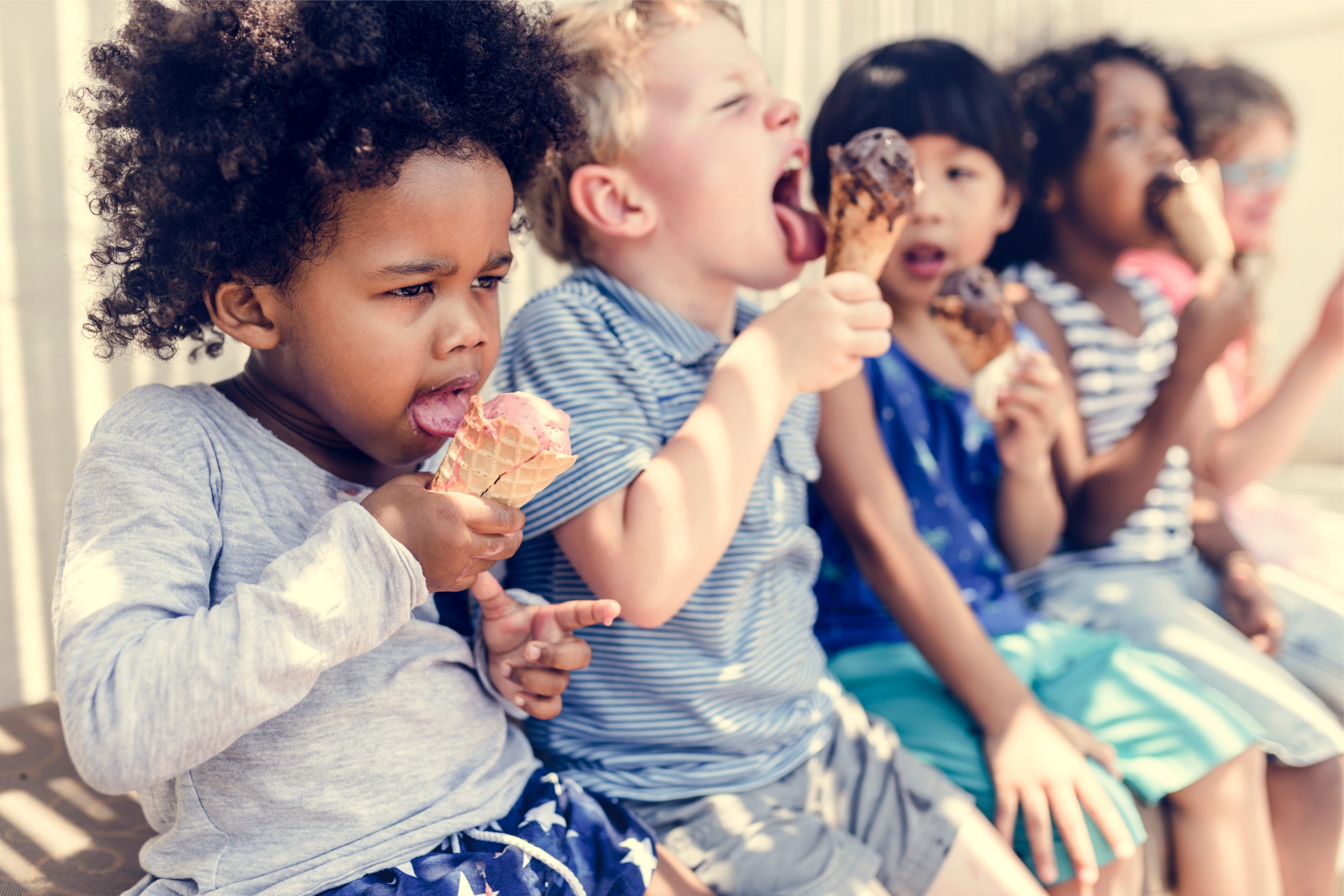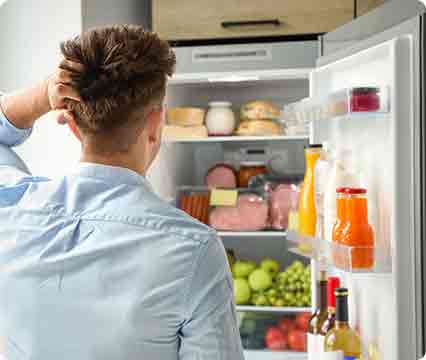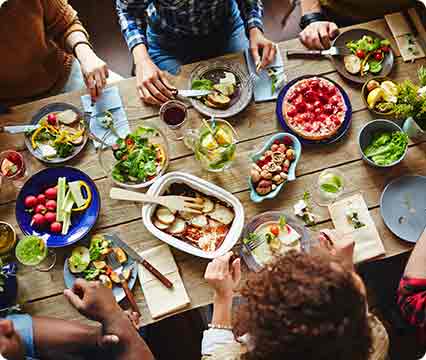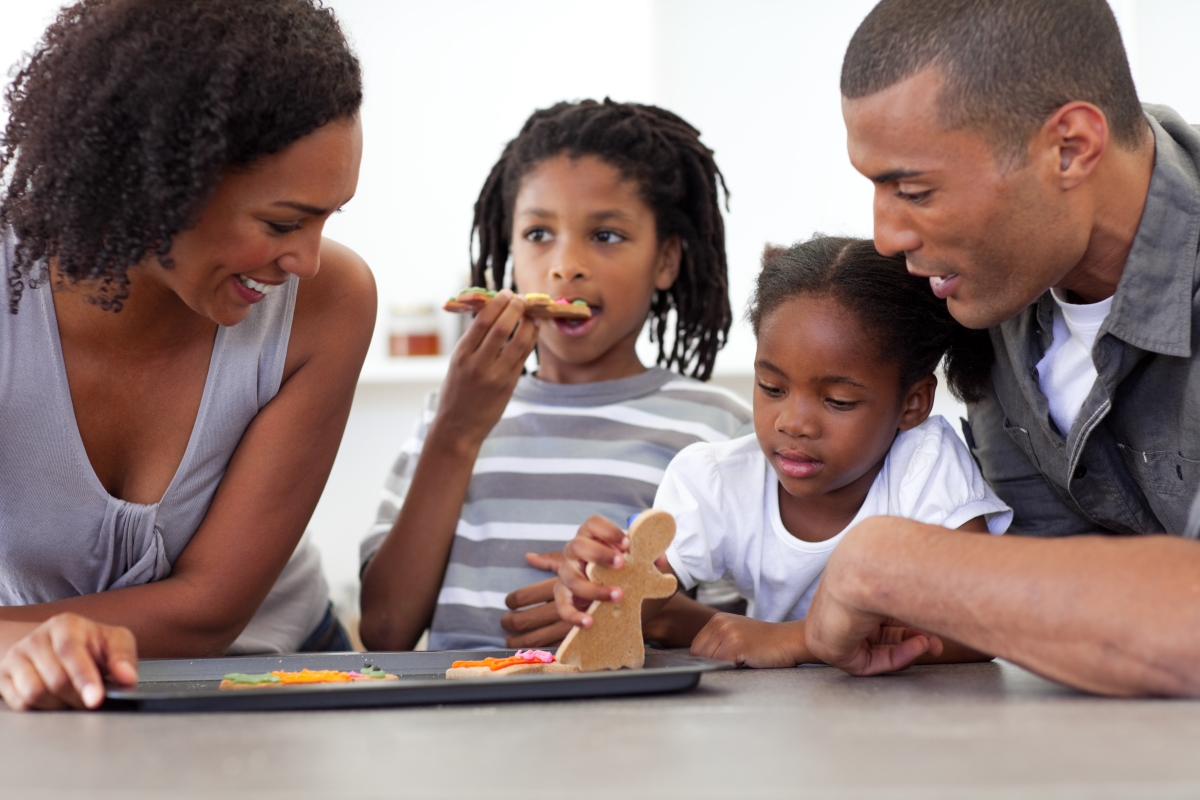Associations between social eating contexts and affective states in adolescents: the EHDLA study
This study investigates the associations between family meals and social eating behavior (SEB) with positive affect (PA) and negative affect (NA) in Spanish adolescents. Conducted with a sample of 637 adolescents aged 12 to 17 years from the Valle de Ricote, Region of Murcia, Spain, the research employs the Spanish version of the Positive and Negative Affect Schedule for Children (PANAS-C10) to assess PA and NA. Family meal frequency and SEB were measured through self-reported instruments. Findings reveal that the median frequency of family meals was 14.0 (IQR 10.0, 16.0) and the SEB score was 10.0 (IQR 9.0, 11.0). The analysis indicates a significant positive correlation between higher SEB scores and greater PA (B = 0.44, 95% CI 0.20 to 0.69, p < 0.001). A borderline association was noted between family meals and PA (B = 0.09, 95% CI −0.001 to 0.18, p = 0.054). Conversely, both higher SEB scores (B = −0.21, 95% CI −0.40 to −0.0f1, p = 0.038) and increased family meal frequency (B = −0.07, 95% CI −0.14 to −0.001, p = 0.048) were linked to lower NA. The results suggest a notable relationship between SEB and PA, while demonstrating no significant association between family meals and PA, and an inverse relationship between family meals and SEB with NA. In conclusion, promoting positive social eating environments and family meals may contribute to enhancing adolescents’ emotional well-being. [NPID: Family meals, social eating behavior, SEB, positive affect, negative affect, social eating environments, well-being]
Year: 2025
 Navigation
Navigation










